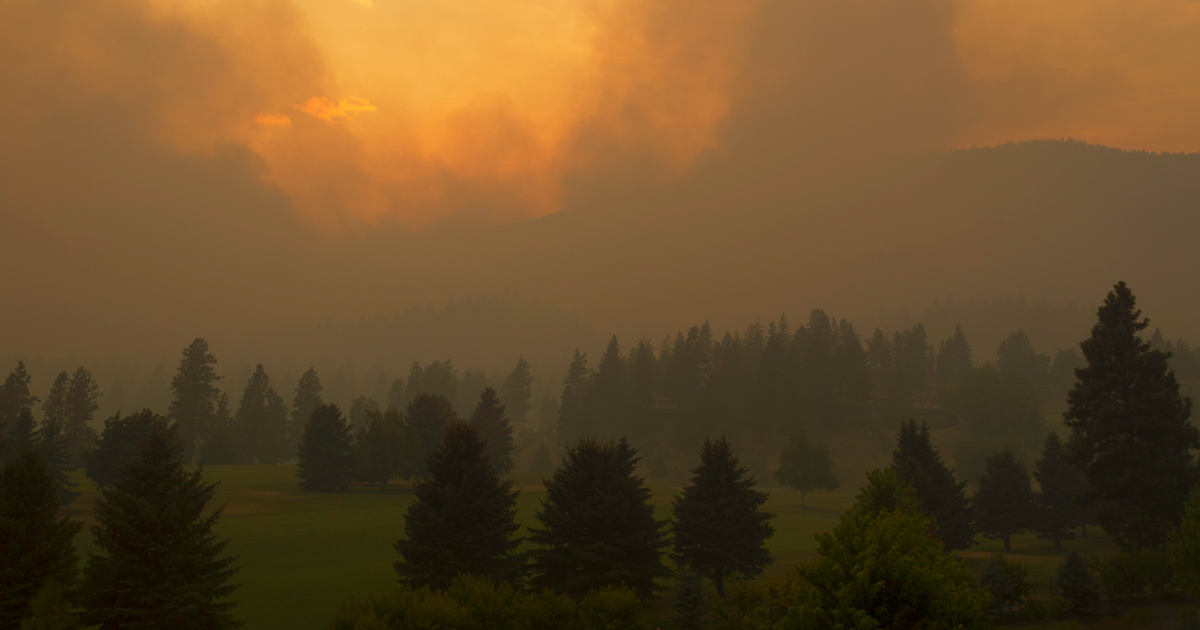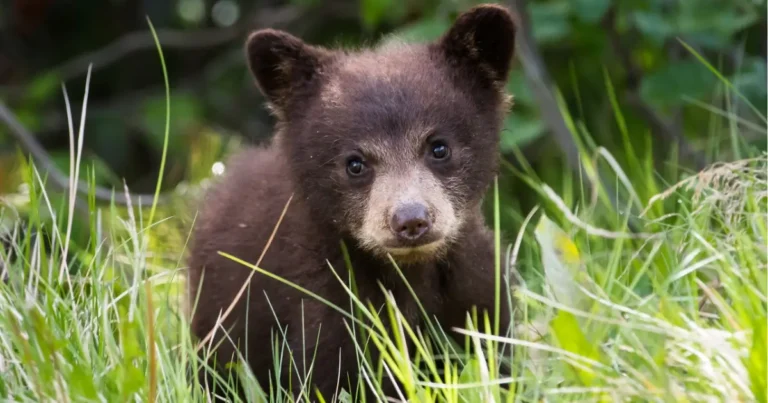
Photo by SMJoness / Getty Images
Numerous wildfires burn across Canada each year, and The Fur-Bearers want to remind residents of how they can be prepared to keep their families and pets safe when wildfires are spreading.
These four steps are just a few ways you can prepare; there are many resources available, and we strongly recommend searching for wildfire resources in your area (or just click this link).
- Identify the fire risk for your area. Municipal and provincial websites often list information on current fire hazards, burning regulations and fire prevention. If you’re not sure where to find this information, contact the non-emergency line of your local fire or emergency services. By following regulations, particularly during high-risk seasons, we can all play a role in preventing the spread of wildfires.
- Develop an emergency plan. Having everyone in your home on the same page of what to do in an emergency can reduce anxiety and help keep everyone safe. There are numerous methods of developing such a plan, and we recommend checking out BC’s Wildfire Preparedness Guide by clicking here. It’s a fantastic resource for anyone wanting to learn how to be prepared or as a checklist for your existing plan.
- Remember a go bag for your domestic animals. Dogs, cats, small mammals, birds and other domestically-kept animals can have their very own go-bag (and some larger dogs can even carry their own with a backpack). The Ottawa Humane Society has a great article outlining how to be prepared for your pet – click here to check it out.
Report fires and other hazards. If you see a fire in progress or someone contravening fire regulations, contact emergency services. Giving them a head start to combat or prevent spread can save lives of people, animals and entire communities.
Read Next: How to help animals during extreme heat
This is by no means a complete list, and only a starting point. Please, be safe and speak to your family, friends and neighbours about preparedness. If you have other tips or national resources we should include in this list, please contact us at info@TheFurBearers.com!
